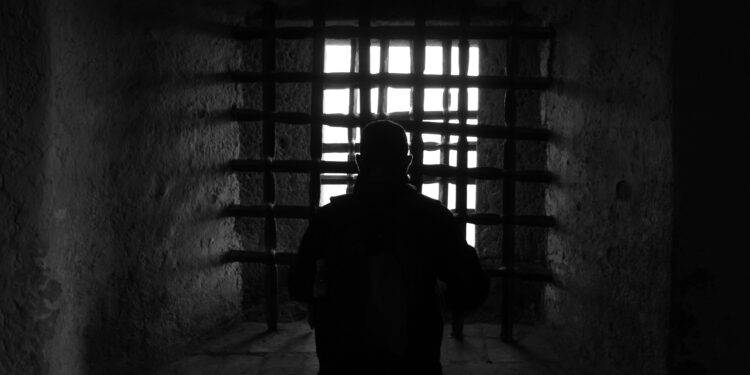The decision by the Nîmes court of appeal to increase Husamettin Dogan’s sentence from nine to ten years for the aggravated rape of Gisèle Pelicot is more than a legal update; it is a profound moral judgment. As the solitary appellant among 51 convicted men, Dogan’s stubborn refusal to admit guilt (even when faced with graphic video evidence of him penetrating an unconscious, snoring victim) exposed a shocking and dangerous interpretation of sexual consent that permeates modern society. This verdict, a rare and commendable judicial hardening, must serve as a foundational pillar for urgently needed legal and societal reforms. The simple fact is, his appeal failed because his logic—that an unmoving, unresponsive person cannot be raped—is criminally flawed.
Deconstructing Dogan’s Denial and Defence
Dogan’s defense was a classic display of victim-blaming and moral evasion, revealing his wide disconnect between his perception of “a sexual act” and the brutal reality of rape.
Dogan’s claim, “I performed a sexual act, I never raped anyone,” hinges on the legalistic fantasy that rape requires force or active resistance—a definition that is entirely irrelevant when the victim is incapacitated. His argument that he was merely a “victim” who was “trapped” by Dominique Pelicot, the perpetrator who drugged and trafficked his own wife, is a moral abdication.

As the prosecutor rightly pointed out, Dogan was “unwilling to take responsibility” for a massive act of destruction of a woman’s humanity. The evidence (Dominique Pelicot’s explicit confirmation that he told Dogan he was seeking someone to “abuse my sleeping wife”) demolishes any claim of ignorance. The court’s increase of his jail term by a year is a vital, albeit small, step toward that the general public understands that an unconscious person cannot give consent.
The fact that Dogan maintained his innocence (and that 50 other men initially lodged appeals) shows a widespread, systemic issue. These men were not merely opportunists; they operated within chatrooms that normalised the sexual abuse of an unconscious woman. This case should be a flashpoint for discussing what consent truly is and why it matters.

















